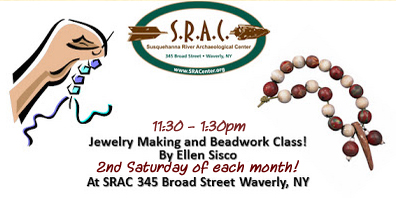 |
| David Johnson |
The Lewis Hollow Cairn Site is characteristic of sites located throughout New York State, as well as other regions of the Western Hemisphere. Although cairn sites are considered sacred by Native American tribes, they have been neglected by other cultures and government agencies, thus they remain unprotected and subject to destruction. These sites share a commonality in setting, association with springs, cairns, effigy features, wall types and panoramic views. As more sites are added to the data base, the similarity remains consistent suggesting these sites were constructed by people with a common belief and / or origin. The sites reflect the Native American’s holistic view of earth and its surroundings, for example, springs with the underworld, surface features such as walls and cairns with the present world and astronomical alignments with the cosmos. Within the northeast, several cairn sites have been referred to by the earliest European settlers as existing at the time of their arrival, and Native Americans associate them with their ancestral heritage. This suggests many of these sites were constructed by the Native Americans who occupied the region for thousands of years. Cairn sites, like Lewis Hollow, deserve to be investigated more thoroughly, and those associated with Native Americans should be protected.
Since 1995 Johnson has been documenting the association between ancient Native American structures and stone features with areas of higher permeability within groundwater in three geographical regions of the Western Hemisphere, the southwestern and northeastern United States and Peru, South America. This research has lead to a more in-depth understanding of ancient structures and stone features such as cairns. Johnson is president of the Orange County Chapter of the New York State Archaeological Association and a former research associate with the Department of Anthropology, University of Massachusetts. He is a National Geographic Research and Exploration recipient and was awarded a doctoral degree for his research in Peru by the University of Engineering, Lima, Peru. Johnson has collaborated with archaeologists, hydrologists and geologists in all three geographical regions to develop a more in-depth understanding of the correlation between areas of higher permeability within groundwater and archaeological sites. Currently, Johnson is researching sites in the northeastern and southwestern states where he has research permits for several national parks and monuments, as well as Native American tribal lands.
Admission donation requested for this event is $6 for the general public and $4 for SRAC members.



